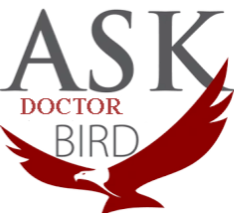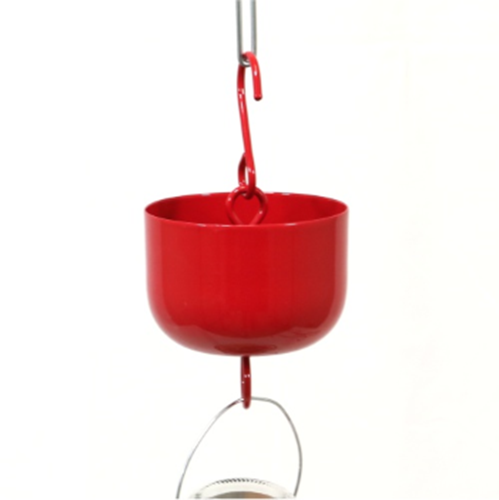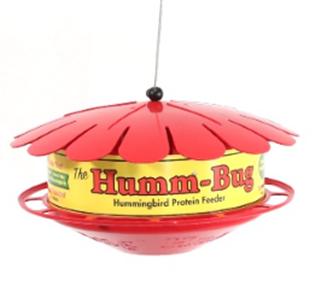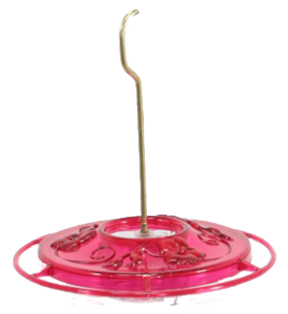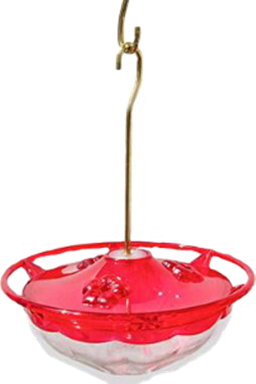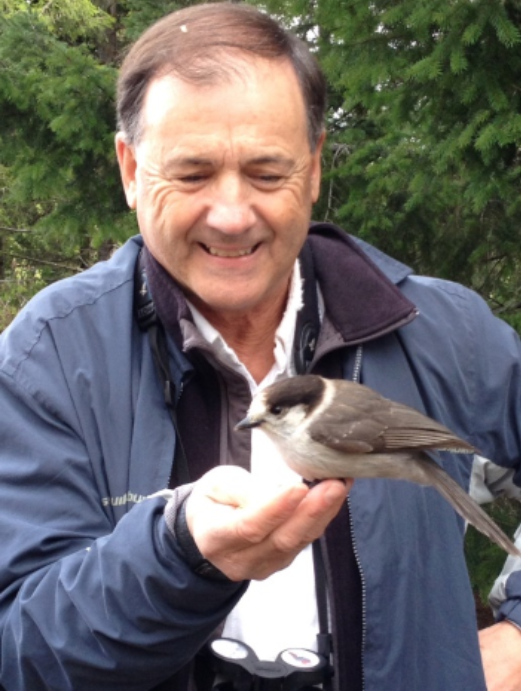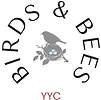Question:
I am having a problem with ants getting into my hummingbird feeders. Anything I can do to stop them? I recently began adding red dye to my sugar solution and now I have ants. Is the red colour of my sugar solution somehow attracting them?
Response:
First of all, it does not matter to the ants (or the hummers for that matter) whether your sugar water is clear or red. But the first thing I would check is whether your feeder has any leakages. Dripping sweet water is a real attraction to ants. Sometimes the leakages are not obvious, especially if your feeder is located in the hot sun. Hot weather causes plastic to expand which can lead to leakages, so make sure your feeder is in the shade. I am not sure what kind of hummer feeder you are using, but some designs are better than others and less prone to leakage. You might also try hanging your feeder by a thin fishing line which is hard for ants to climb down upon. And some folks apply Vaseline or some other oily liquid on the line attached to the feeder. But be careful—you do not want your birds to get this on their feathers! And you do have to keep reapplying these substances to keep them effective. If you can find out how the ants are getting up to your feeder, you might be able to head them off at the pass and install commercial ant traps or even a water moat. If they are coming up a pole, for instance, you could tie some bay leaves or mint leaves around it near the base. Ants do not like either of these kinds of leaves. You could also try moving your feeder around to different locations to put the ants off. Above all, keep your feeder clean and free of any sticky sugar water on the outside..
David M. Bird, Ph.D., Emeritus Professor of Wildlife Biology, McGill University www.askprofessorbird.com

David M. Bird is Emeritus Professor of Wildlife Biology and the former Director of the Avian Science and Conservation Centre at McGill University. As a past-president of the Society of Canadian Ornithologists, a former board member with Birds Canada, a Fellow of both the American Ornithological Society and the International Ornithological Union, he has received several awards for his conservation and public education efforts. Dr. Bird is a regular columnist on birds for Bird Watcher’s Digest and Canadian Wildlife magazines and is the author of several books and over 200 peer-reviewed scientific publications. He is the consultant editor for multiple editions of DK Canada’s Birds of Canada, Birds of Eastern Canada, Birds of Western Canada, and Pocket Birds of Canada. To know more about him, visit www.askprofessorbird.com or email david.bird@mcgill.ca.
